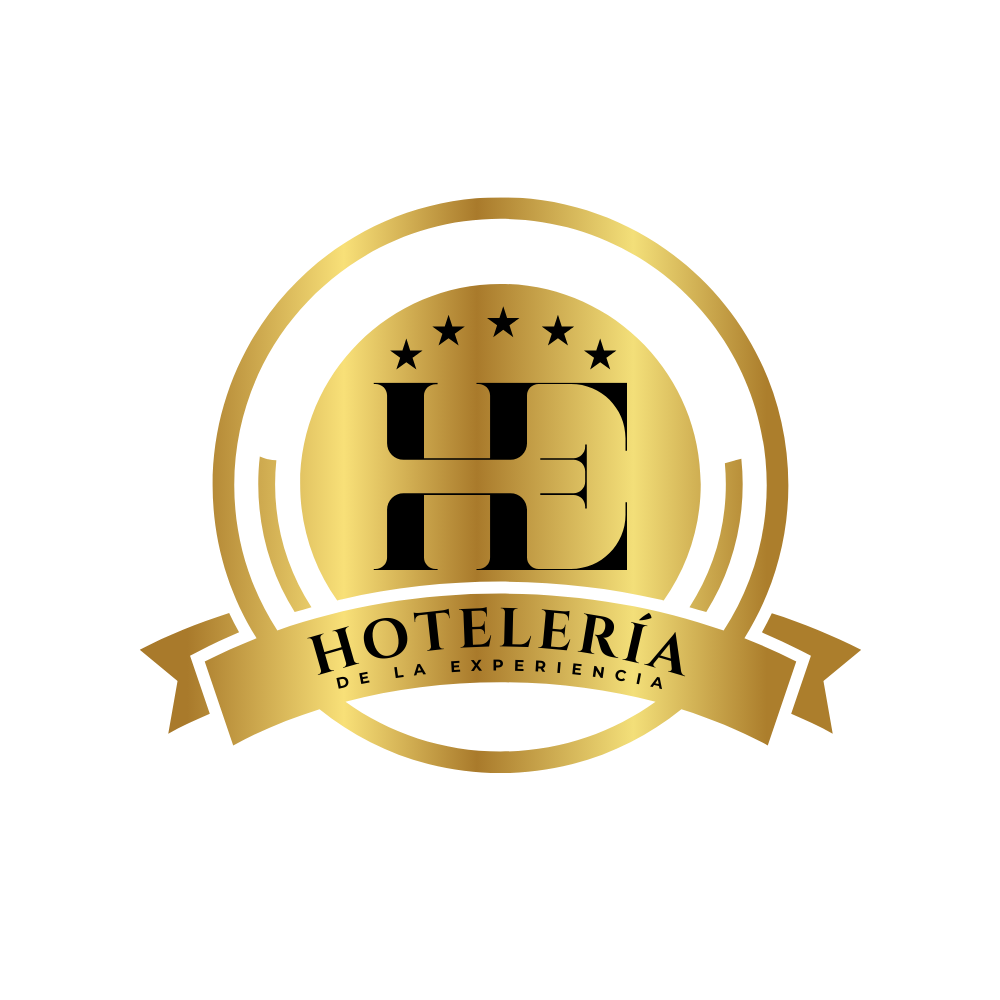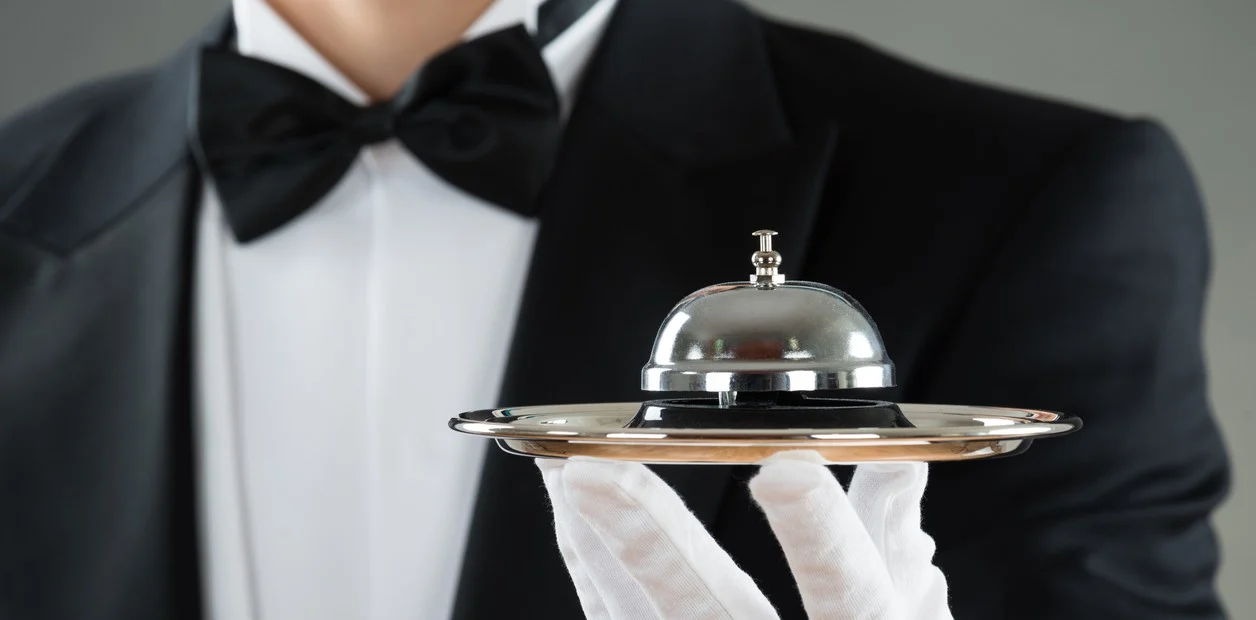3 – HOTEL BUTLER LEARNING AS CUSTOMER EXPERIENCE DESIGNER
Trainings
Objectives:
1-Sensitize the participants with information vectors of the Neurohotel to build a base experiential knowledge to be able to transform the product and the service that is offered in the points of consumption of a hotel in an unforgettable experience and conditioning of the loyalty of the client to the company.
2-Creation of knowledge of the Hotel Butler as Manager of the Design of Guest Experiences.
3- Reproducir conductas de etiqueta y protocolo de servicios de ultra lujo en la asistencia del Mayordomo de Hotel a sus clientes.
4-Increase the added value of the services offered to customers in a company and turn the moment of truth into a differential competitive tool for companies.
Scope:
All members of the Hotel Butlers team.
Duration:
12 consecutive days.
Total hours: 33 hours per work session.
STRUCTURE:
The learning is designed in 4 phases:
1st Phase: Mystery Guest Service.
This phase lasts between 1-2 days, where experiential opportunity areas are detected that will be taken to reinforce and personalize subsequent learning. A report is prepared on the experiential opportunity areas detected.
2nd Phase: Practical Theoretical Training.
In this phase, the theoretical-practical information vectors necessary to transform the interpretation of the product and service that the butlers offer their clients, as well as the interaction with them, will be provided in a comprehensive and unforgettable experience.
Duration::
5 consecutive days of two sessions of 3:30 hours (AM session for PM shift workers and PM session for AM shift workers)
Total hours per session 20 hours.
Modules: 6
1-Reflection: Me, Hotel Butler. The 4 D model of the Hotel butler service. The design of the personal brand as a Hotel Butler. The DAMA model in the Hotel Butler service, among others…
2-The preparation before the arrival of the client. The client's hidden baggage. The management of the client's history by the Butler, among others…
3-The interaction with the client. Verbal and non-verbal language in experiential interaction. The Neurobiology of the first impression. The art of observation, listening and conversation with the client, among others…
4-The client as a cognitive-behavioral and emotional system. Reading the three dimensions of the client: body, language and emotions. The sensorialization of the product, service and the client. The client as the center of attention of the hotelier, among others…
5-Management of customer dissatisfaction. The mind of a dissatisfied customer. The emotional kidnapping of the client. Cycle of managing a customer requirement. The model of the client as a body-brain-mind unit in the environment in the recovery of services, among others…
6-The art of developing relationships with the client. Emotional Intelligence and Rapport. The management of experiential design, among others….
3rd Phase: Operational practical training.
*Ultra-luxury service standards contained in AAA, Leading Hotels of the World and Forbes Reccomended apply.
a) Objectives:
-Share valuable vectors of theoretical-practical information about the operation of the Butler in a Hotel and the main services offered to guests.
-Incorporate into practice the theoretical information vectors obtained in phase 2.
b) Dynamics:
Practical operational training on the etiquette and protocol of the fundamental services of the Hotel Butler based on the 4D model and experiential design.
d) Topics to develop:
The image of the butler. The fundamental work tools of the butler. The work area of the work butler, supervision 360 degrees. Fundamental routes of the hotel butler in his work area. The basic interactions of the butler with his guests. The room product. Receiving the guest Presentation of the amenities of a room to the guest. Etiquette and protocol when knocking on the room door. Etiquette and protocol when accompanying the guest to the room. Etiquette and protocol when being in a room interacting with the guest, among others. …
4th Phase: Coaching on the Job with the participating teams.
This phase lasts from one to two days (depending on the number of work teams that participate). The trainer is integrated into the operation of each work team (wearing its uniform) to detect operational experiential opportunity areas and possible knots or barriers that prevent experiential design in each sector. A report is prepared on the experiential opportunity areas detected.
2 consecutive days: a theoretical day and another practical day.
Two sessions of 3:30 hours (morning session for afternoon shift workers and afternoon session for morning shift workers)
Total hours per session 7 hours.
A report is prepared with the experiential opportunity areas detected and suggestions for action plans with respect to them.
This training is certified under the ECO 301 and ECO 217 standards of SEP-CONOCER for Mexico
The learning incorporates the luxury service standards contained in AAA, Leading Hotels of the World and Forbes Reccomended plus the standards of the Neurohotel industry.

